Clinical Trials
Advancing Innovative PWS Treatment Options
Help Advance PWS Care
Clinical trials help scientists develop medications to treat Prader Willi Syndrome. Without research patients, researchers are not able to collect the proper data and samples to determine if therapies are effective or not.
When your child participates in a clinical trial, they are contributing to the advancement of treatment options for individuals living with PWS. Participants are typically compensated and the research is done in a safe, ethical manner.
Rigorous protocols, including informed consent, independent ethics committee reviews, and ongoing monitoring, are in place to ensure the well-being and rights of participants.
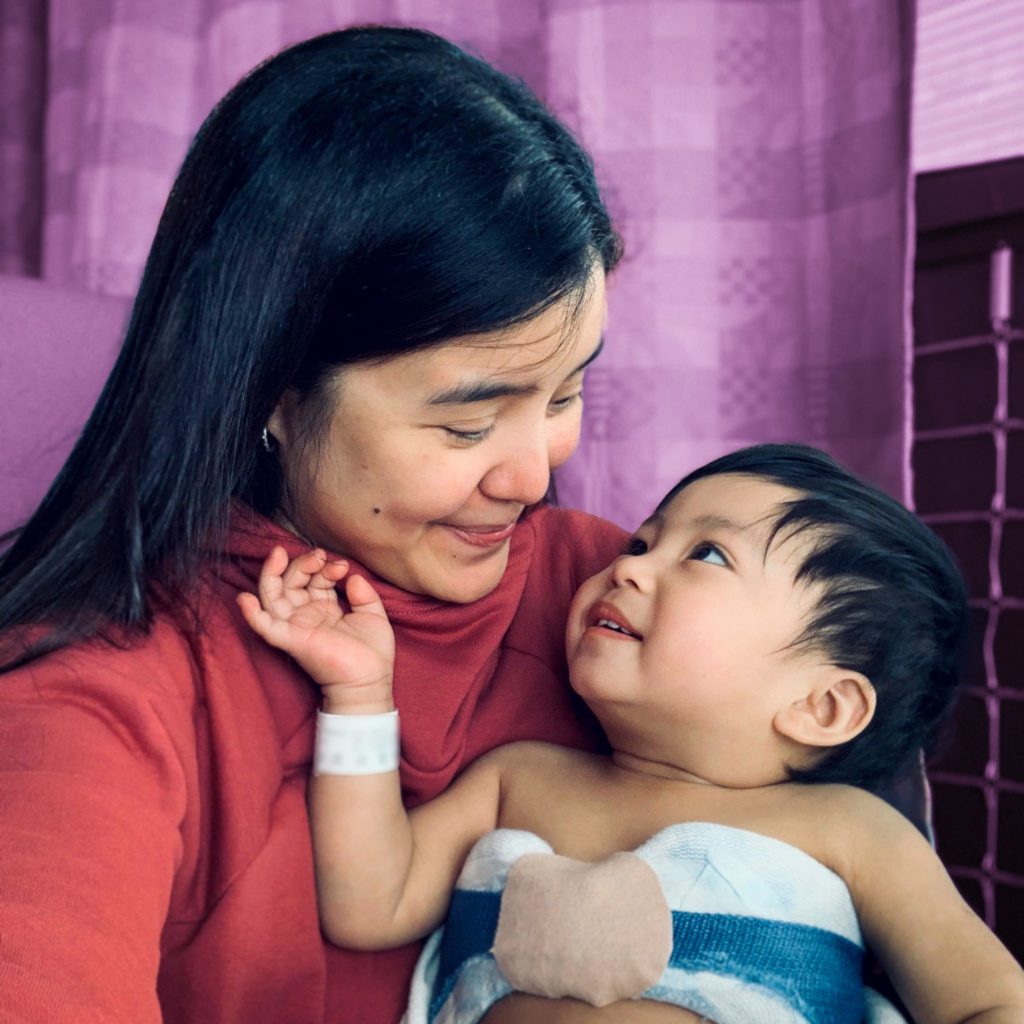
Find a Trial Near You
Click on the pins for information about trials that are currently recruiting.
We will continue to add clinical trial location sites as they become available.
Clinical Trials 101
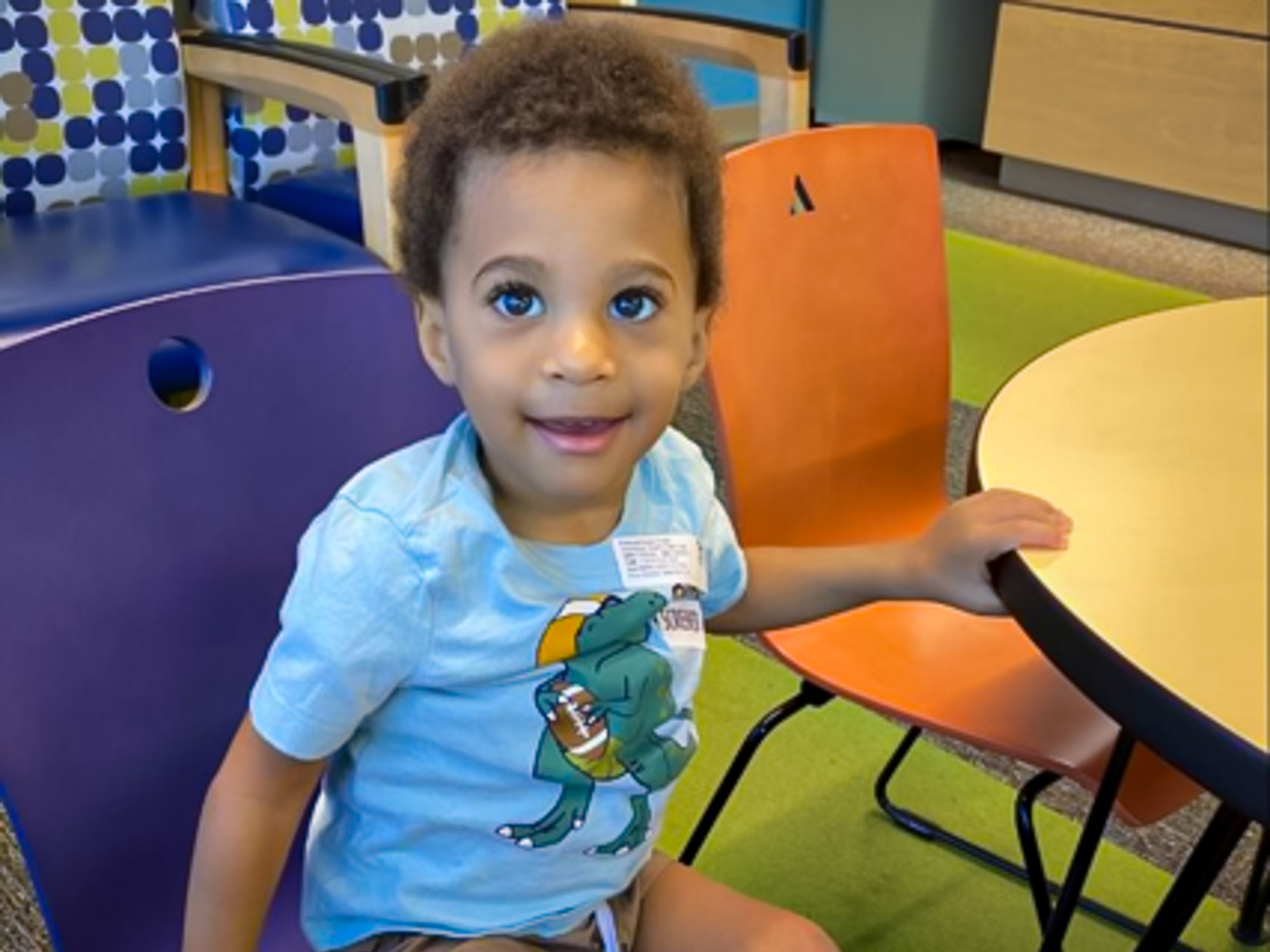
What is a Clinical Trial?
A clinical trial is a research study assessing the safety, effectiveness, and benefits of new treatments or interventions. Designed with strict protocols involving human participants, these trials compare new approaches to existing ones. They’re essential for advancing medical knowledge and enhancing patient care.
How do Clinical Trials Work?
Participants, selected by criteria, are split into treatment and control groups. The treatment group receives the experiment, while the control might get a placebo or standard care. They’re monitored for safety and outcomes, with committees overseeing progress. After the trial, data is reviewed to gauge the intervention’s safety and efficacy.
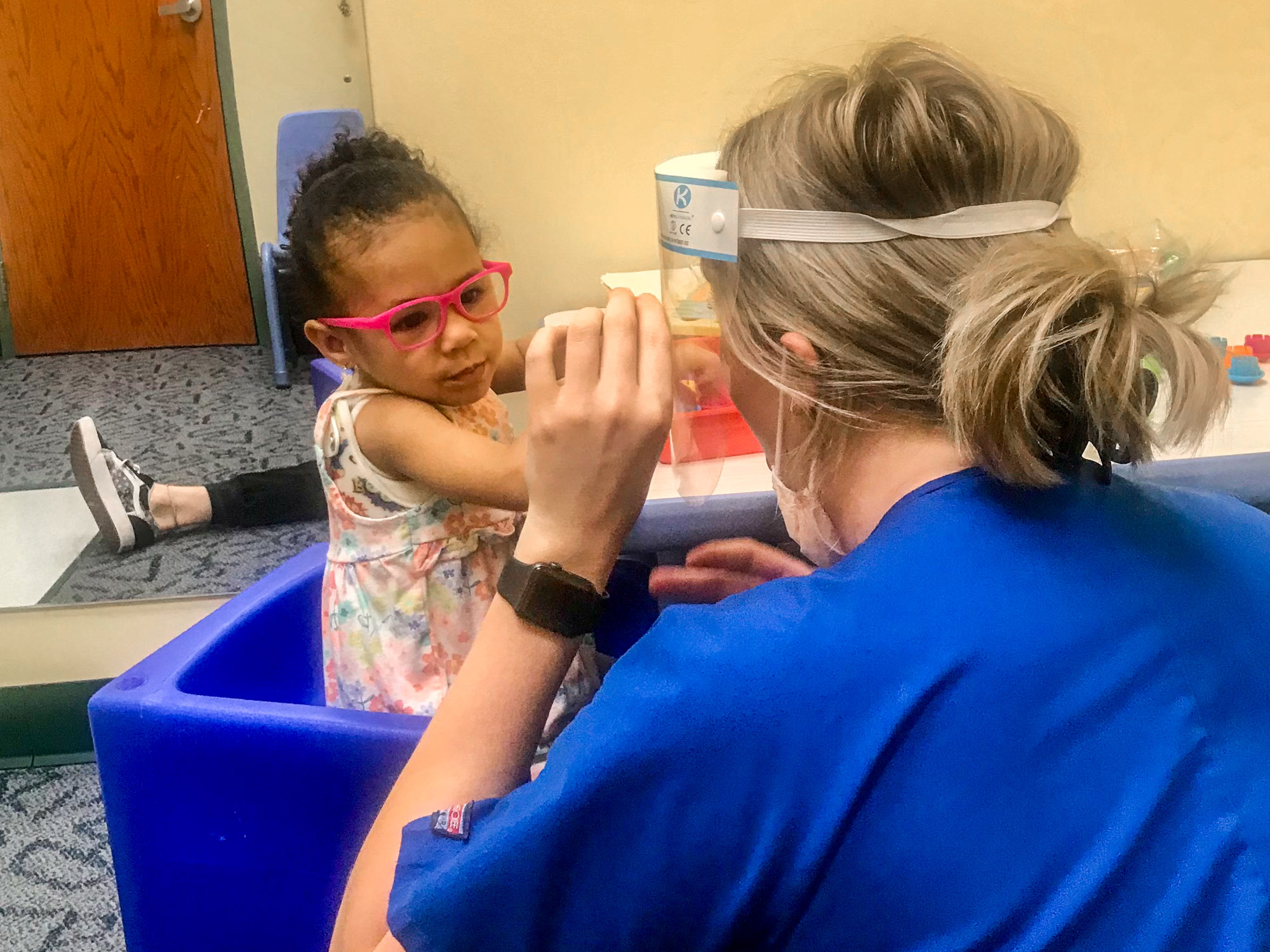
Clinical Trial Timeline
1
Phase 1: Safety & Dosing Information
In this initial phase, the treatment’s safety, dosage, and potential side effects are assessed with a small group of healthy volunteers or affected individuals. Researchers monitor participants closely.
2
Phase 2: Efficacy Studies
In Phase 2, the treatment is tested on a larger group with the specific condition, like Prader-Willi Syndrome. The focus is on evaluating its effectiveness and monitoring for side effects or adverse reactions.
3
Phase 3: Comparative Effectiveness Study
In this phase, the treatment is compared to current standards or placebos. The goal is to further evaluate its effectiveness, safety, and benefits against other options. Researchers maintain close monitoring and data collection.
4
Phase 4: Post-Market Monitoring
In Phase 4, the treatment is implemented in clinical practice. Long-term studies assess its real-world effectiveness and longevity beyond trials. These studies offer insights into the treatment’s impact on patient outcomes and quality of life.
5
Phase 5: Implementation and Follow-up Studies
Phase 5 involves the implementation and dissemination of the treatment in clinical practice. Long-term follow-up studies track patients’ progress and outcomes over an extended period to assess the treatment’s real-world effectiveness, durability, and benefits beyond the clinical trial setting. These studies provide valuable insights into the treatment’s performance and its impact on patients’ lives.
Are Clinical Trials Safe?
Safety is a top priority in clinical trials. Rigorous measures are in place to ensure participant well-being and minimize risks. Before a clinical trial begins, it undergoes a comprehensive review by independent ethics committees or institutional review boards to evaluate its scientific validity and ethical considerations. Additionally, regulatory authorities provide oversight to ensure trials adhere to strict safety guidelines. Throughout the trial, participants are closely monitored by a team of healthcare professionals who are experienced in managing potential risks. Protocols are in place to promptly address any adverse events or side effects that may arise. Moreover, participants have the right to withdraw from the trial at any time if they have concerns about their safety or well-being. The aim of clinical trials is to advance medical knowledge while maintaining the utmost safety for participants.
Visit our Blog
Aardvark Therapeutics HERO Trial: U.S. Sites Now Open
Aardvark Therapeutics recently launched HERO, a global Phase 3 clinical trial investigating ARD-101, an innovative, orally administered treatment designed to help reduce hyperphagia (excessive hunger) and food-seeking behaviors in individuals with Prader-Willi syndrome (PWS). This randomized, double-blind, placebo-controlled trial is an important step toward identifying a potential new treatment option for the PWS community, and […]
Aardvark Therapeutics Launches HERO, A Phase 3 Trial of ARD-101 for Treatment of Hyperphagia in PWS; Now Enrolling Participants in the US
Aardvark Therapeutics recently launched HERO, a global Phase 3 randomized, double-blind, placebo-controlled clinical trial of ARD-101. ARD-101 is a novel, orally administered investigational therapy being studied to see if it can reduce excessive hunger and food-seeking behaviors in individuals with PWS. About the HERO Trial As part of the HERO study, participants will be randomly […]
Unlocking a New Path to Treat Hyperphagia in PWS: A Conversation with Aardvark Therapeutics
Hyperphagia, the relentless hunger that those living with Prader-Willi syndrome (PWS) experience, remains one of the most challenging and life-altering symptoms for individuals and families. But a promising investigational drug called ARD-101 is offering hope. In our April 29th episode of PWS United, Aardvark Therapeutics’ Dr. Tien Lee, M.D., CEO and Founder, and Dr. Manasi […]

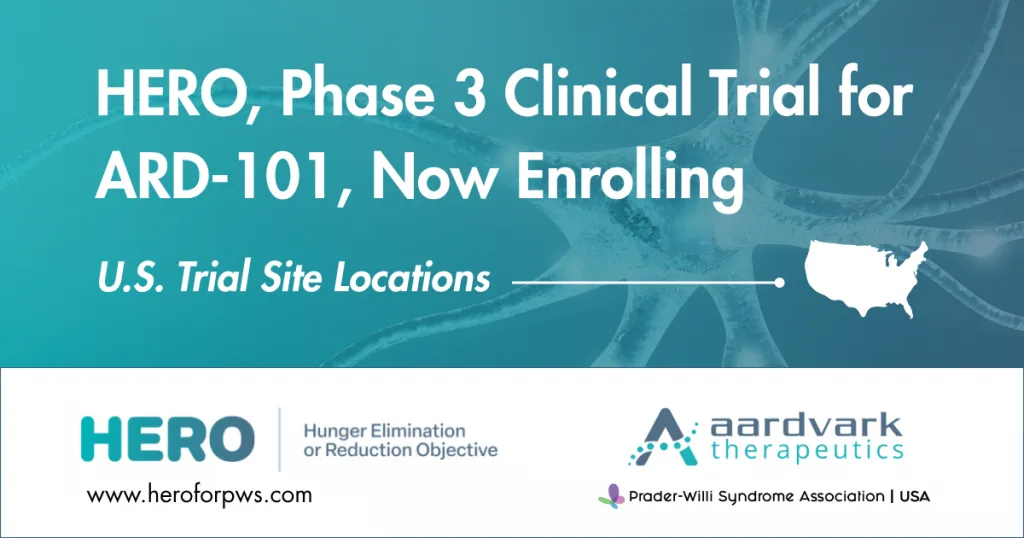
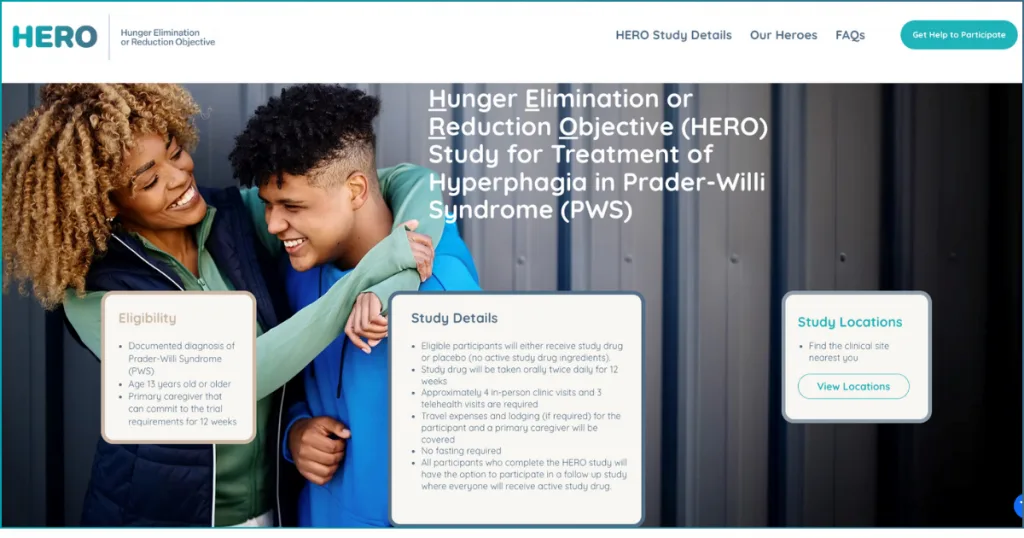






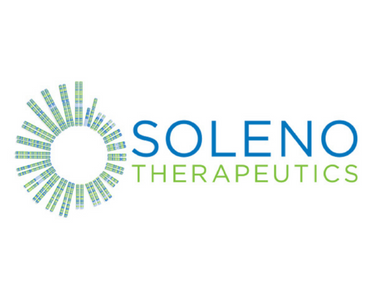
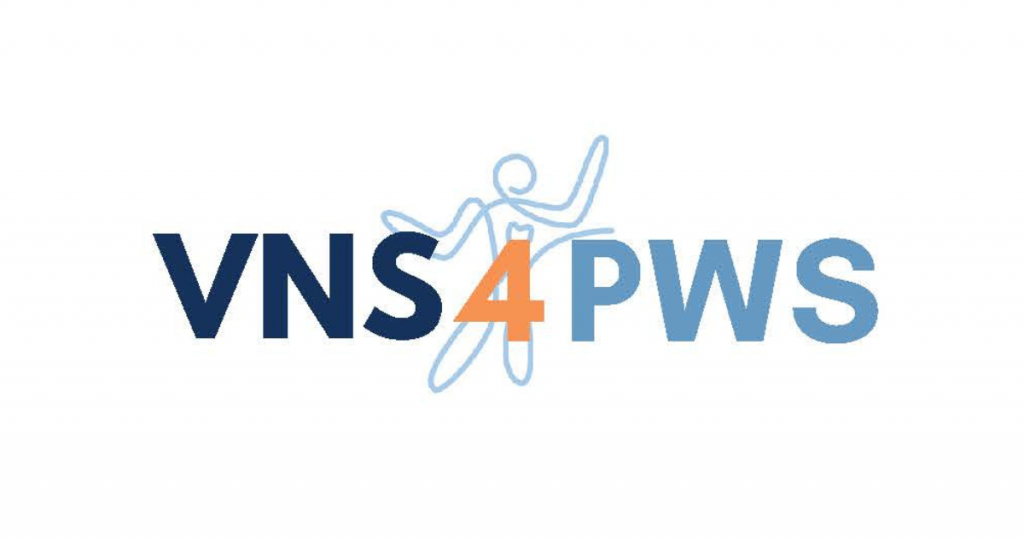
 Jennifer Bolander has been serving as a Special Education Specialist for PWSA (USA) since October of 2015. She is a graduate of John Carroll University and lives in Ohio with her husband Brad and daughters Kate (17), and Sophia (13) who was born with PWS.
Jennifer Bolander has been serving as a Special Education Specialist for PWSA (USA) since October of 2015. She is a graduate of John Carroll University and lives in Ohio with her husband Brad and daughters Kate (17), and Sophia (13) who was born with PWS. Perry A. Zirkel has written more than 1,500 publications on various aspects of school law, with an emphasis on legal issues in special education. He writes a regular column for NAESP’s Principal magazine and NASP’s Communiqué newsletter, and he did so previously for Phi Delta Kappan and Teaching Exceptional Children.
Perry A. Zirkel has written more than 1,500 publications on various aspects of school law, with an emphasis on legal issues in special education. He writes a regular column for NAESP’s Principal magazine and NASP’s Communiqué newsletter, and he did so previously for Phi Delta Kappan and Teaching Exceptional Children. Evan has worked with the Prader-Willi Syndrome Association (USA) since 2007 primarily as a Crisis Intervention and Family Support Counselor. Evans works with parents and schools to foster strong collaborative relationships and appropriate educational environments for students with PWS.
Evan has worked with the Prader-Willi Syndrome Association (USA) since 2007 primarily as a Crisis Intervention and Family Support Counselor. Evans works with parents and schools to foster strong collaborative relationships and appropriate educational environments for students with PWS. Dr. Amy McTighe is the PWS Program Manager and Inpatient Teacher at the Center for Prader-Willi Syndrome at the Children’s Institute of Pittsburgh. She graduated from Duquesne University receiving her Bachelor’s and Master’s degree in Education with a focus on elementary education, special education, and language arts.
Dr. Amy McTighe is the PWS Program Manager and Inpatient Teacher at the Center for Prader-Willi Syndrome at the Children’s Institute of Pittsburgh. She graduated from Duquesne University receiving her Bachelor’s and Master’s degree in Education with a focus on elementary education, special education, and language arts. Staci Zimmerman works for Prader-Willi Syndrome Association of Colorado as an Individualized Education Program (IEP) consultant. Staci collaborates with the PWS multi-disciplinary clinic at the Children’s Hospital in Denver supporting families and school districts around the United States with their child’s Individual Educational Plan.
Staci Zimmerman works for Prader-Willi Syndrome Association of Colorado as an Individualized Education Program (IEP) consultant. Staci collaborates with the PWS multi-disciplinary clinic at the Children’s Hospital in Denver supporting families and school districts around the United States with their child’s Individual Educational Plan. Founded in 2001, SDLC is a non-profit legal services organization dedicated to protecting and advancing the legal rights of people with disabilities throughout the South. It partners with the Southern Poverty Law Center, Protection and Advocacy (P&A) programs, Legal Services Corporations (LSC) and disability organizations on major, systemic disability rights issues involving the Individuals with Disabilities Education Act (IDEA), Americans with Disabilities Act (ADA), and the federal Medicaid Act. Recently in November 2014, Jim retired.
Founded in 2001, SDLC is a non-profit legal services organization dedicated to protecting and advancing the legal rights of people with disabilities throughout the South. It partners with the Southern Poverty Law Center, Protection and Advocacy (P&A) programs, Legal Services Corporations (LSC) and disability organizations on major, systemic disability rights issues involving the Individuals with Disabilities Education Act (IDEA), Americans with Disabilities Act (ADA), and the federal Medicaid Act. Recently in November 2014, Jim retired.